백두산
( Paektu Mountain )
Paektu Mountain or Baekdu Mountain (Korean: 백두산) is an active stratovolcano on the Chinese–North Korean border. In China, it is known as Changbai Mountain (Chinese: 长白山). At 2,744 m (9,003 ft), it is the tallest mountain in North Korea and Northeast China and the tallest mountain of the Baekdu-daegan and Changbai mountain ranges. The highest peak, called Janggun Peak, belongs to North Korea. The mountain notably has a caldera that contains a large crater lake called Heaven Lake, and is also the source of the Songhua, Tumen, and Yalu rivers. Korean and Manchu people assign a mythical quality to the mountain and its lake, and consider the mountain to be their ancestral home...Read more
Paektu Mountain or Baekdu Mountain (Korean: 백두산) is an active stratovolcano on the Chinese–North Korean border. In China, it is known as Changbai Mountain (Chinese: 长白山). At 2,744 m (9,003 ft), it is the tallest mountain in North Korea and Northeast China and the tallest mountain of the Baekdu-daegan and Changbai mountain ranges. The highest peak, called Janggun Peak, belongs to North Korea. The mountain notably has a caldera that contains a large crater lake called Heaven Lake, and is also the source of the Songhua, Tumen, and Yalu rivers. Korean and Manchu people assign a mythical quality to the mountain and its lake, and consider the mountain to be their ancestral homeland.
The mountain's caldera was formed by an eruption in 946 that released about 100–120 km3 (24–29 cu mi) of tephra. The eruption was among the largest and most powerful eruptions on Earth in the last 5,000 years. The volcano last erupted in 1903, and is expected to erupt around every hundred years. In the 2010s, concerns over an upcoming eruption prompted several countries to commission research into when the volcano might next erupt.
The mountain is considered culturally important to multiple groups in the area, including Korean, Chinese, and Manchu people. The mountain is a major national symbol for both North and South Korea, and is mentioned in both national anthems and depicted on the national emblem of North Korea. The Manchu people also consider the mountain their ancestral homeland, and the Chinese Qing dynasty saw it as a symbol of imperial power. The mountain has also been subject to territorial disputes over the past few centuries that have continued into the present.
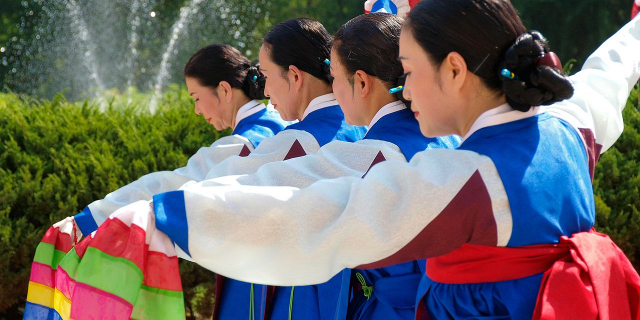









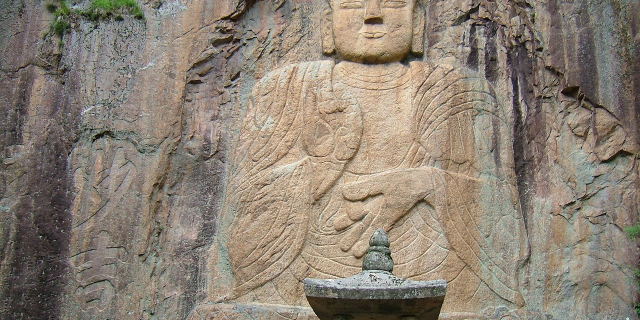

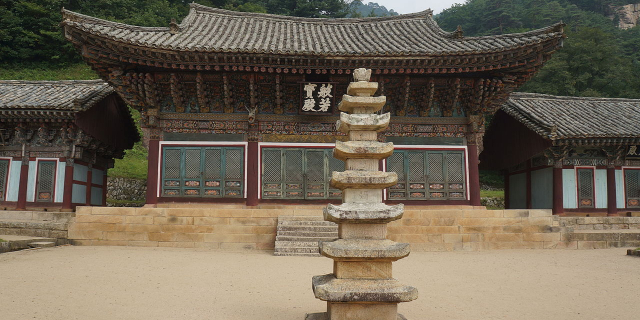



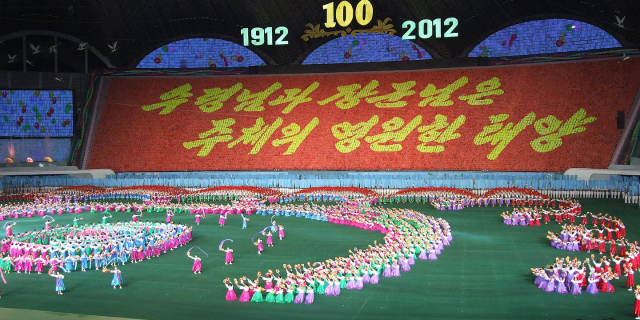

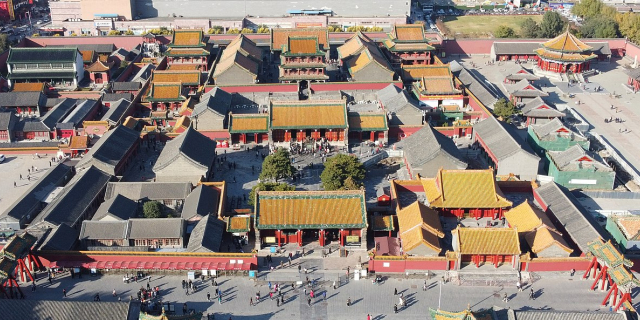





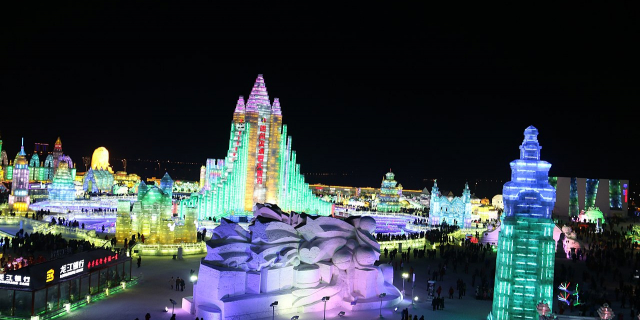

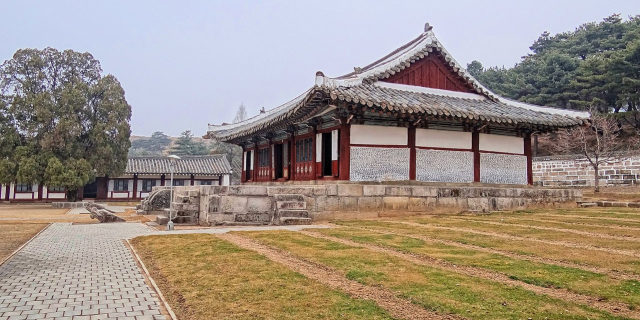


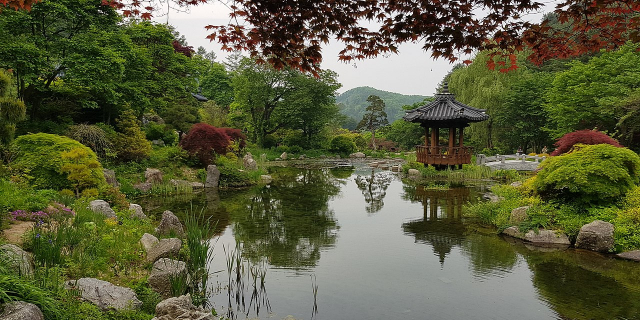



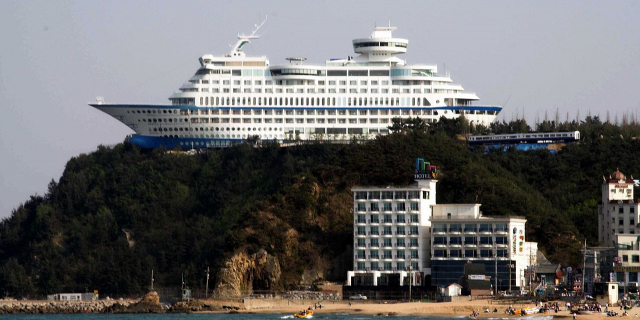
Add new comment